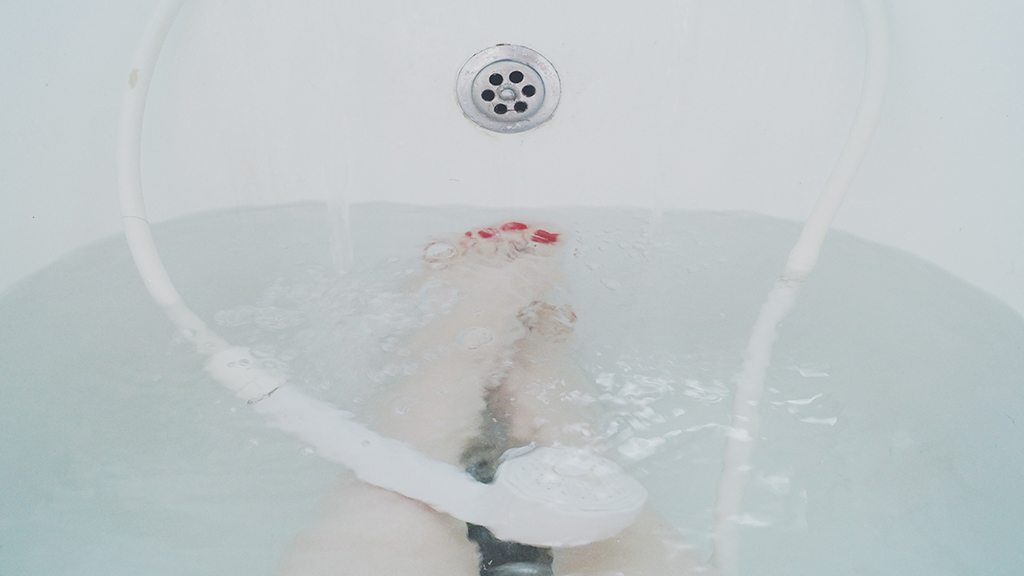Learn How To Soak Away the Stress Through Bathing

By Amy Taylor-Kabbaz. Amy Taylor-Kabbaz is a writer, speaker and creator of happymama.com.au.
Soak away stress. Immerse yourself in a hot spring or bathtub, because what you take in through your skin directly affects your health and wellbeing.
Legend has it Cleopatra required 700 lactating donkeys to supply the milk for her daily bathing regime — to keep her skin soft and beautiful. Thousands of years on, we now have the science to back up history. What you take in through your skin directly affects your health and wellbeing.
THE SCIENCE BEHIND BATHING
A good soak allows the properties within water to enter the lymph system and bloodstream. Your skin, the largest organ in the body, absorbs elements, filter toxins and delivers nutrients to the blood. It also eliminates toxins when the other organs (gut, liver, kidneys etc) are taxed or burdened.
Different waters have different health benefits, each providing a natural cocktail of elements that the body absorbs to heal and glow. Geothermal waters, cold mineral waters, salts and essential oils all have benefits for your inner and outer health.
MAGNESIUM OR EPSOM SALT BATHS
Depleted magnesium levels in food and drinking water has left most of us dangerously deficient in magnesium. Magnesium can be difficult to absorb when taken orally, especially for those with a damaged gut. Some symptoms of low magnesium can be inability to sleep or insomnia, irritability, sensitivity to noise, anxiety, depression, restlessness, muscle soreness or spasms, infertility or PMS, high levels of stress, headaches, heart “flutters” or palpitations and fatigue or unusual tiredness. This is where magnesium salt baths become important.
Epsom salt is a naturally occurring pure mineral compound of magnesium and sulphur. Not only do you get the benefit of the magnesium through an Epsom salt bath, the sulphates help improve the absorption of nutrients, flush toxins and help ease migraine headaches.
Method:
- Approximately 500g (two cups) Epsom salt
- Dissolve in 15 gallons (57L) of water – the amount that fills a standard-sized bathtub.
- Soak for 12 minutes, 2 – 3 times per week.
GEOTHERMAL BATHS
Geothermal baths or hot spring baths, have been used for their healing and relaxation properties since they were first discovered. Heated water holds more dissolved solids than cold can, and for this reason, geothermal baths contain very high mineral content.
Hot springs are found in China, Costa Rica, Iceland, Iran, Japan, New Zealand, Peru, Taiwan, Turkey and the US. And while the number in Australia are much fewer, there have been some recent hot springs established after boring down deep into the ground to access natural thermal mineral waters.
The Benefits
Peninsula Hot Springs, winner of the ecotourism category of the Victorian Tourism Awards 2015, has managed to access deep thermal waters. It claims the benefits of bathing in geothermal baths can include improving circulation, reducing high blood pressure, helping to eliminate body toxins and promoting healthy skin. Some researchers believe bicarbonate baths (bicarb is naturally present in hot spring waters) also assist cardiovascular disease and nervous system imbalances. And mineral springs naturally rich in chlorides, in amounts between 0.5 and 3 per cent, are considered beneficial for rheumatic conditions, arthritis, central nervous system conditions and post-traumatic and post-operative disorders.
COLD MINERAL BATHS
The benefits of cold mineral bathing are equally extensive. Hepburn Bathhouse and Spa documented cases of success with arthritis, depression, skin disorders, diphtheria and even consumption.
As a self-drawing cold mineral bath, the chemical composition and types of gases present at Hepburn spas can change regularly. The most common dissolved minerals and gases include calcium, sodium, magnesium, potassium, chloride, silicon dioxide, iron, bicarbonate, carbon dioxide and hydrogen sulphide.
“It can vary from one day to another and we test the water every day to determine what is in there and at what level, because we can’t control what Mother Earth is boiling up underneath,” says Maria Prosperiporta at Hepburn. “But what we will find is potassium, which is for the nervous system. We have magnesium, which is really the natural stress reducer and is excellent for the immune system and amazing for your kidneys, bones and muscles. There’s sodium, iron and calcium; chloride, which is great for the skin, sulphate and silica, and bicarbonate.”
Recommendation
Mineral bathing is recommended for 30- to 45-minute periods, for absorption without overloading the system.
Regular use has a direct effect on the endocrine system, simply by allowing the body to fully relax over a period of time. The adrenal glands produce stress hormones such as adrenalin. Under conditions of chronic stress, they work overtime, throwing the endocrine system out of balance. By soaking away stress, the workload of the adrenal glands is decreased, restoring balance to the endocrine system.
Says Prosperiporta, “It’s the best delivery of wellbeing you can find. That’s why people have been coming here for 127 years!”
DIY BATHS
While you won’t get all the benefits of mineral baths at home, you can still make home bathing part of your regular healthcare routine.Combining the benefits of your chosen essential oils with the act of relaxation at home is a wonderful way of unwinding and allowing the body to slow down and heal.
Method:
- Add 7 drops of essential oils to carrier oil, then add to your bath. You might like to patch test or start with a smaller amount in water for sensitive skin.
- For children aged 4–12 and the elderly, use 4 drops of essential oil instead.
- For a sensuous bath, try sandalwood, rose, ylang ylang, patchouli or jasmine. For skin-soothing benefits, try Roman or German chamomile, lavender, patchouli or sandalwood.
- Combine the therapeutic and aromatic benefits of your chosen essential oils with the benefits of bath salts for healing. Bath salts typically comprise sea salt or rock crystal salt and are available in several grain sizes. First add bath salts to the running water, then the essential oil in the carrier oil to the bath.
Soaking in naturally occurring baths — or as close as you can get in your own home — is not only a lovely way to unwind but can also help heal a vast array of illnesses and ailments.


No Comments